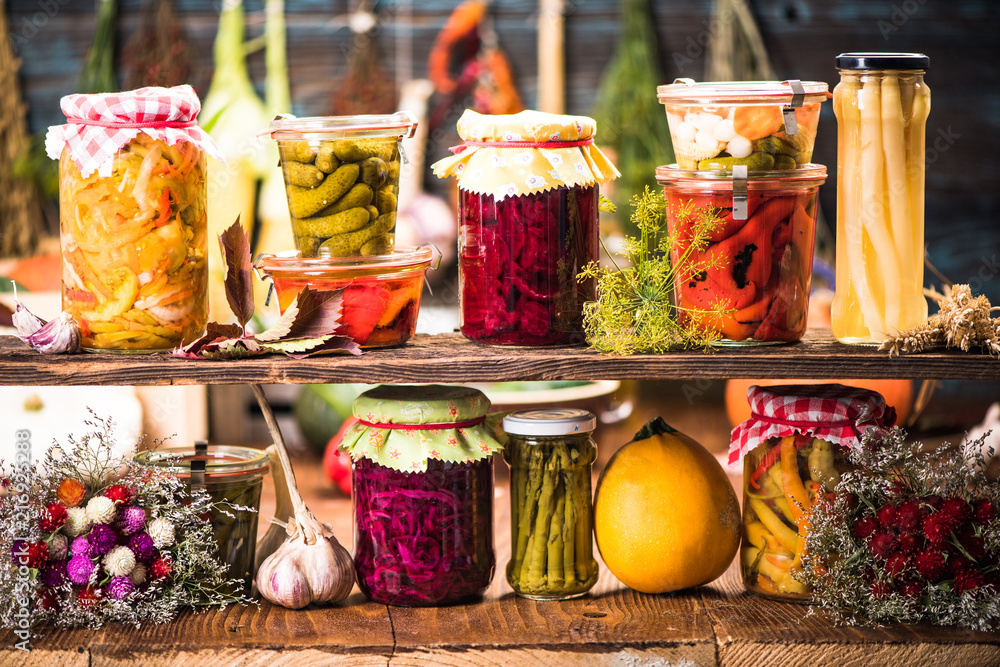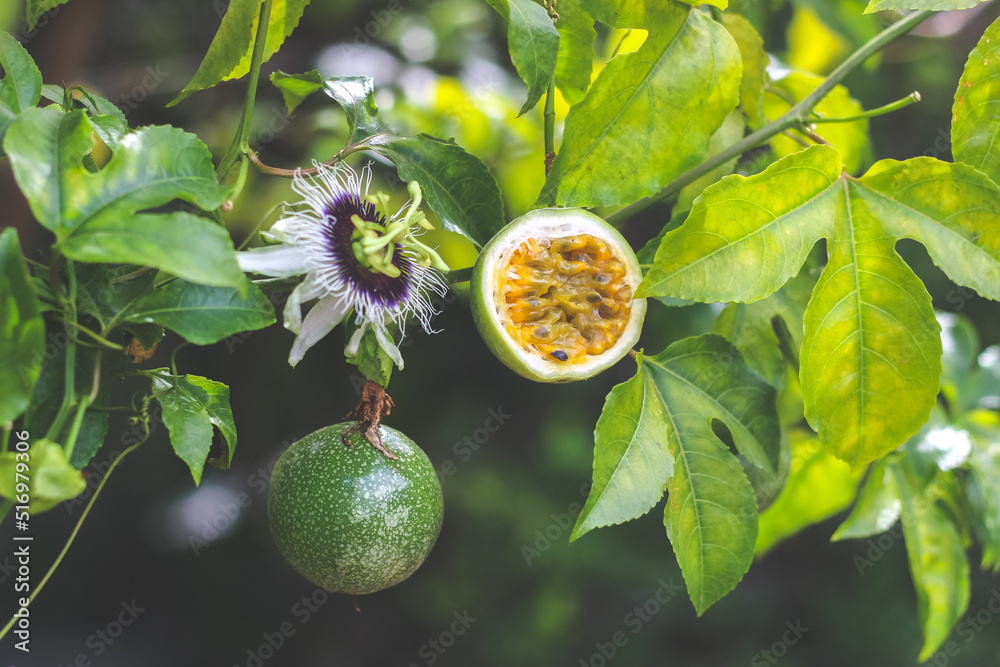A healthy vegetarian diet can provide all the necessary nutrients your body needs while offering numerous health benefits. Here’s a list of nutritious vegetarian foods to include in your diet:
- Fruits and Vegetables: These should form the basis of your diet. They are rich in vitamins, minerals, antioxidants, and dietary fiber. Aim for a variety of colors and types to get a wide range of nutrients.
- Whole Grains: Incorporate whole grains like brown rice, quinoa, whole wheat pasta, oats, and barley. They provide complex carbohydrates, fiber, and essential nutrients.
- Legumes: Beans, lentils, chickpeas, and peas are excellent sources of protein, fiber, iron, and other essential nutrients. They are versatile and can be used in soups, salads, stews, and more.
- Nuts and Seeds: Almonds, walnuts, flaxseeds, chia seeds, and pumpkin seeds are rich in healthy fats, protein, and various vitamins and minerals. They make great snacks or toppings for salads and yogurt.
- Dairy or Dairy Alternatives: If you’re not vegan, include dairy products like yogurt, milk, and cheese in your diet for calcium, vitamin D, and protein. For vegans, there are plenty of plant-based milk alternatives like almond milk, soy milk, and oat milk fortified with calcium and vitamin D.
- Protein Sources: Incorporate sources of plant-based protein such as tofu, tempeh, seitan, and edamame. These are not only rich in protein but also versatile in cooking.
- Leafy Greens: Spinach, kale, Swiss chard, and other leafy greens are packed with vitamins, minerals, and fiber. They’re excellent for salads, smoothies, and as sides.
- Healthy Fats: Avocado, olive oil, and coconut oil are sources of healthy fats. They can be used in cooking and as toppings for various dishes.
- Herbs and Spices: These add flavor to your dishes without adding calories. They also have potential health benefits. Examples include turmeric, ginger, basil, and oregano.
- Plant-Based Protein Powders: For those looking to boost protein intake, consider adding plant-based protein powders like pea protein, rice protein, or hemp protein to smoothies or recipes.
- Seaweed: Seaweed like nori, dulse, and kelp is a good source of iodine and other minerals. It’s often used in sushi rolls or as a seasoning.
- Eggs: If you’re an ovo-vegetarian, eggs are an excellent source of protein, vitamins, and minerals.
Remember to maintain a balanced diet, ensuring that you get adequate protein, iron, calcium, vitamin B12, and other essential nutrients, especially if you’re following a strict vegetarian or vegan diet. Consulting with a healthcare provider or registered dietitian can help you plan a well-rounded and nutritious vegetarian diet tailored to your individual needs and preferences.



Leave a Comment